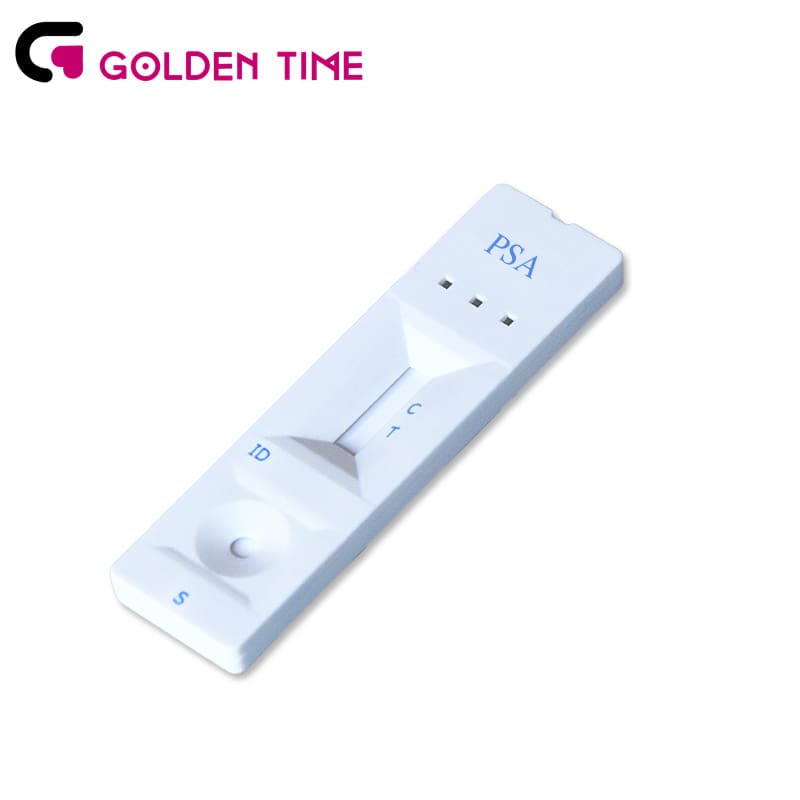ធ្នូ . 04, 2024 23:12 Back to list
wholesale rdt malaria supplier
Understanding the Role of Wholesale RDT Suppliers in Malaria Management
Malaria remains a significant public health challenge, particularly in tropical and subtropical regions of the world. According to the World Health Organization (WHO), malaria caused an estimated 619,000 deaths globally in 2021, highlighting the urgent need for effective prevention and treatment strategies. One of the critical tools in combating malaria is the rapid diagnostic test (RDT) for malaria diagnosis. This article delves into the importance of wholesale RDT suppliers in malaria management and their role in enhancing healthcare outcomes.
The Importance of RDTs in Malaria Diagnosis
Rapid Diagnostic Tests (RDTs) for malaria are essential for the timely diagnosis of the disease. These tests detect specific antigens produced by malaria parasites in a patient's blood. The primary advantage of RDTs is their speed and ease of use, allowing healthcare providers to diagnose malaria within minutes. This is particularly critical in areas where laboratory facilities are limited, and quick treatment can significantly reduce morbidity and mortality associated with the disease.
Role of Wholesale RDT Suppliers
Wholesale suppliers play a pivotal role in the malaria management landscape by ensuring that RDTs are widely available and accessible. These suppliers source high-quality RDTs from manufacturers and distribute them to healthcare facilities, including hospitals, clinics, and pharmacies. By functioning as a link between manufacturers and end-users, wholesale suppliers help to streamline the supply chain, which is vital for maintaining adequate stock levels, especially during peak malaria transmission periods.
Benefits of Wholesale Procurement
1. Cost Efficiency Wholesale suppliers often procure RDTs in bulk, which reduces the cost per unit. This cost saving can translate to lower prices for healthcare facilities, making malaria diagnosis more affordable and accessible, especially in low-income regions.
wholesale rdt malaria supplier

2. Quality Assurance Reputable wholesale RDT suppliers ensure that the products they distribute meet international quality standards. They collaborate with certified manufacturers and conduct regular quality checks to ensure that the tests are reliable and effective.
3. Inventory Management Wholesale suppliers have systems in place to monitor inventory levels and predict demand. This capability helps prevent stockouts and ensures that healthcare providers have the necessary tools to diagnose malaria promptly.
4. Training and Support Many wholesale suppliers offer training for healthcare personnel on how to properly administer RDTs and interpret results. This educational support enhances the overall effectiveness of malaria diagnosis and treatment strategies.
Challenges Facing Wholesale RDT Suppliers
Despite their crucial role, wholesale suppliers of RDTs for malaria face several challenges. Counterfeit products pose a significant threat, as these inferior tests can lead to misdiagnosis and ineffective treatment. Furthermore, fluctuating demand patterns, especially during outbreaks, can complicate inventory management. To navigate these challenges, suppliers must employ robust verification processes, collaborate with regulatory bodies, and engage in constant market analysis.
Conclusion
Wholesale RDT suppliers play an essential role in the fight against malaria by ensuring the availability of high-quality diagnostic tools. Their ability to provide cost-effective, reliable, and timely supplies can significantly improve healthcare outcomes in regions plagued by malaria. However, to fully realize their potential, these suppliers must continuously adapt to challenges in the healthcare landscape and commit to maintaining the highest standards of quality and service. With their support, we advance toward a future where malaria is effectively managed and controlled, ultimately saving lives and resources.
-
Rapid BZO Test Kit - Fast & Accurate Benzodiazepines Detection
NewsAug.04,2025
-
China Nylon Flocking Swabs - AI Enhanced Quality Collectors
NewsAug.03,2025
-
Highly Accurate hCG Pregnancy Test Strips - 5 Min Results
NewsAug.02,2025
-
Premium Empty ABS Plastic Cassettes: Durable & Lightweight Storage
NewsAug.01,2025
-
Accurate Cocaine (Coc) Rapid Test Kit | Fast & Reliable Detection
NewsJul.31,2025
-
Accurate HCG Pregnancy Test Strips | Fast Home Use Kit
NewsJul.31,2025

